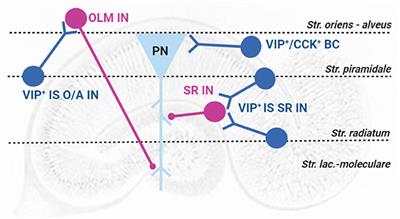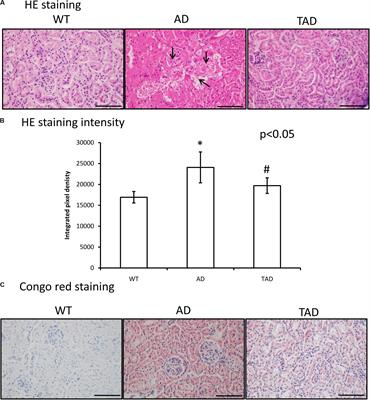EDITORIAL
Published on 13 Sep 2021
Editorial: Novel Therapeutic Potential for Pituitary Adenylate Cyclase-Activating Polypeptide (PACAP), Vasoactive Intestinal Peptide (VIP) and Related Peptides in Cognition Deficits
doi 10.3389/fncel.2021.748970
- 1,246 views
- 2 citations








